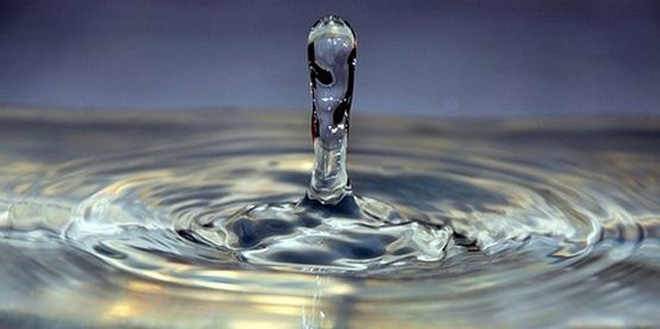Tehran, Iran, Sept. 29
By Mehdi Sepahvand -- Trend:
Importing water can be unsafe for Iran since world experience has proven when you sign contract with a country to import water, gas, electricity, etc., the exporting country will often find excuses to renege on the contract, an energy expert and official has said.
"So far as we can procure water from inside the country, it is better to look for domestic sources of water and resign to imports only after full studies show domestic resources are failing," Farshad Farhadi, secretary of the Iranian Ministry of Energy's Special Committee on Wells, told Trend Sept. 29.
Both the Iranian Parliament and government need to change, that is, the Parliament needs to change its attitude while the government should change its procedures in managing water resources, the expert said.
"What we need is a thorough study of water resources management, and then to come up with a transparent plan with annually measurable factors for implementation," he stressed.
In fact if used properly, the current shortage of water can be a blessing, making Iran boost its capabilities at water management to become a power in offering water management services to the dry Middle East area as well as Africa, he noted.
The expert said conferences should be held with lawmakers, the Ministry of Energy, and representatives from the industrial and agricultural sectors to brainstorm the case and issue standardized instructions to the domestic, industrial, and agricultural sectors.
According to Farhadi, the revenue of water and energy-providing companies in the Middle East is greater than Iran's total oil income.
He said while the world is moving toward clean energies, Iran should work toward the elimination of fossil fuels.
"Oil should be put off the country's economic system," he underlined, adding, "Water and electricity services should act as a second wing for Iran's oil industry."
Realizing an impending water crisis, the Iranian government has plans to import water from neighbor countries such as Tajikistan, Turkmenistan, or Oman.
The amount of precipitation has decreased in average by 25 percent, compared to previous years, Iranian Energy Minister Hamid Chitchian said Sept. 12.
Over 600 dams have been built in Iran over the past 30 years, holding 48 billion cubic meters of water. Iran's renewable water resources declined from 130 billion cubic meters to 110 billion cubic meters a year.
Iran is located in the arid zone, and drought has been repeatedly observed in the country for the last 40 years. The drought of 1992-2002 caused great damage to the country's crop production. Several cities, including Tehran, introduced quota for drinking water.
Edited by CN






